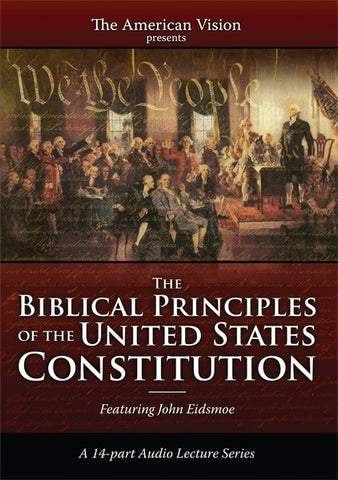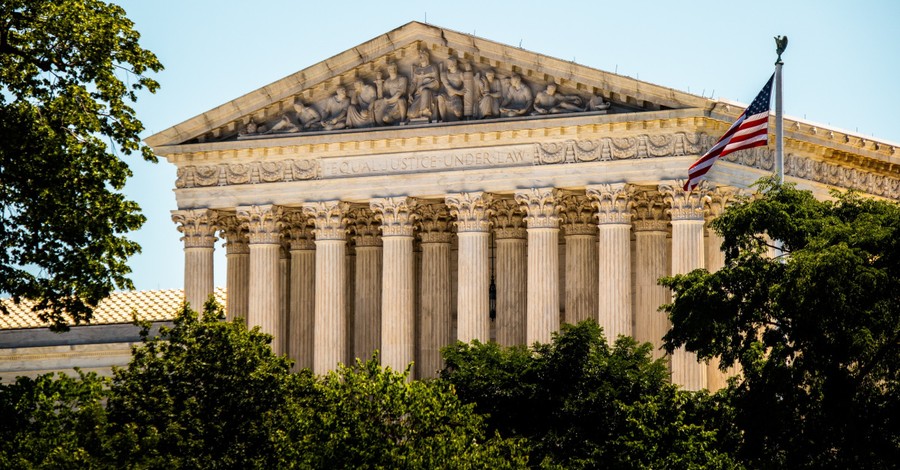The Supreme Court ruled in favor of a website designer who refused to design a site for a same-sex wedding. She was sued. The case went to the Supreme Court where the 6-3 ruling upset the usual suspects. It’s not enough to tolerate the LGBTQ+ mafia, you must be forced to support it or lose your business if you don’t comply.
There are many other examples. Here’s a short list from ten years ago in The New American:
• The Christian owners of a flower shop, restaurant and wedding venue in Grimes, Iowa, who faced a contentious legal battle following their refusal to host a gay couples’ ceremony, are closing up shop, and issuing a warning to wedding-related business owners: that they, too, could soon face the same challenges.” (H/T: The Blaze)
• In March 2012 a Kentucky homosexual group filed a discrimination complaint against Hands on Originals, a custom apparel company in Lexington, after the business declined to print gay-themed t-shirts for the group.
• In April of [2013] Washington State’s attorney general, Bob Ferguson, filed a discrimination lawsuit against elderly florist Barronelle Stutzman, owner of Arlene’s Flowers in Richland, Washington, after Stutzman graciously declined the business of a homosexual man who wanted her to provide the floral arrangements for his same-sex marriage.
• New Mexico’s Supreme Court’s August 22 ruled “that Christian photographers Elaine and Jonathan Huguenin, owners of Elaine Photography, had discriminated against two lesbians when they declined to provide the photography for their same-sex ritual.”
Here’s a much larger list published by WND going back to 2015.

The Biblical Principles of the U.S. Constitution
John Eidsmoe, a constitutional lawyer and career defender of America's biblical foundation, answers the hard-hitting issues in today's liberal legal world in this audio series from American Vision. Learn what the Founding Fathers understood about government, and confront man's clear and present need for biblical restraints head on in these lectures from one of the best constitutional scholars in the nation.
Buy NowChristian baker Jack Phillips went on The View to explain a case that the Supreme Court ruled on in his favor. Phillips owns Masterpiece Cakeshop in Lakewood, Colorado. A homosexual couple wanted him to bake a cake for their same-sex wedding. He didn’t refuse to bake and sell a cake; he refused to use his artistry to decorate the cake that acknowledged homosexuality and same-sex weddings.
Joy Behar played the Jesus card:
“‘Did you ever ask yourself what would Jesus do in this particular situation?’ Paula Faris asked Phillips. ‘Instead of denying them, do you think maybe Jesus would have said I don’t accept this but I’m going to love you anyways?’
“When the baker responded that he did not think Jesus would have made the cake because it contradicted his teaching, Behar cut in: ‘You don’t? Oh, come on. Jesus would have made the cake.’” (Newsbusters)
How does Behar know this? Certainly not from her knowledge of the Bible. Jesus knew the Samaritan woman had multiple sex partners, but He did not approve of her sexual promiscuity (John 4) and would not have celebrated her next sexual relationship. Jesus did not condemn the woman caught in the act of adultery, but He told her, “from now on sin no more” (John 8:11), hardly a statement that would lead Him to bake her a cake for a post-adultery party. Jesus made it clear that God created them male and female, and marriage is between a man and a woman (Matt. 19:1-6). According to the Bible, adultery and same-sex sexuality are sins. In what possible world would Jesus have baked a celebratory cake for sexual relationships the Bible condemns?
Behar appeals to Jesus in the Bible but ignores the Bible in its condemnation of same-sex relations in both the Old (Lev. 18:22 and 20:13) and New Testaments (Rom. 1:26-27; 1 Cor. 6:9-11; 1 Tim. 1:5-11).
“I serve everybody all the time,” he stated on The View. “But I don’t make every cake for every event.” It’s not just same-sex weddings:
“I’ll sell anyone any cake I’ve got,” Phillips wrote in a letter to the Denver Post in 2016. “But I won’t design a cake that promotes something that conflicts with the Bible’s teachings. And that rule applies to far more than cakes celebrating same-sex marriages. I also won’t use my talents to celebrate Halloween, anti-American or anti-family themes, atheism, racism, or indecency.”
I suspect you will find this approach is true of all businesses similar to the one Phillips owns and operates. Does anyone think that a black-owned bakery would or should be forced to make a cake for a Confederate-themed wedding. Should a Jewish baker be forced to make a cake for a Nazi-themed wedding that includes a Swastika? A Muslim-owned bakery was asked to bake a cake for a same-sex wedding. The owner refused. Why wasn’t any legal action taken? We know why. Should a printing company owned by homosexuals be forced to make t-shirts for an anti-gay marriage event?
Printers have been attacked for not printing pro-same-sex messages on T-shirts but most likely would not have been attacked if they had refused to print pro-Donald Trump T-shirts.
LGBT-owned businesses “expressed support for a Kentucky-based Christian print shop owner who refused to print pro-LGBT T-shirts,… ‘No one should be forced to do something against what they believe in,’ said Diane DiGeloromo, one owner of BMP T-shirts, a lesbian-owned business, according to a statement issued by the Becket Fund for Religious Liberty, which, along with scholars and businesses, came to the defense of Blaine Adamson, the owner of a Lexington print shop called Hands on Originals.
“‘If we were approached by an organization such as the [controversial] Westboro Baptist Church, I highly doubt we would be doing business with them, and we would be very angry if we were forced to print anti-gay T-shirts,’ DiGeloromo said. ‘This isn’t a gay or straight issue. This is a human issue.’”
Should a homosexual web designer be forced to design a website for a biblical counseling service that helps people who want to leave their same-sex lifestyle? Should an atheist web designer be forced to build a website for my new book Why It Might Be OK to Eat Your Neighbor?: If Atheism is Right Can Anything be Wrong?
These anti-discrimination laws are not just about religion. Everyone should be protected from forced compliance to the shifting sands of government defined rights. The Supreme Court declared in 1972 that it was legal for a mother to kill her unborn baby, but there shouldn’t be a law that compels a business to bake a cake with an image of a bloody aborted baby on it in celebration of the murder.

By This Standard
God's Law is Christianity's tool of dominion. This is where any discussion of God's law ultimately arrives: the issue of dominion. Ask yourself: Who is to rule on earth, Christ or Satan? Whose followers have the ethically acceptable tool of dominion, Christ's or Satan's? What is this tool of dominion, the Biblically revealed law of God, or the law of self-proclaimed autonomous man? Whose word is sovereign, God's or man's?
Buy NowThe two homosexuals sued Phillips, appealing to Colorado’s Civil Rights Division that is itself discriminatory:
A lawyer for Phillips … compared his case to one involving another Denver-area business, Azucar Bakery, that in 2014 refused to bake cakes with anti-gay messages and imagery, actions that the Colorado Civil Rights Division later ruled as not discriminatory.
“‘The government in Colorado is picking and choosing which messages they’ll support and which artistic messages they’ll protect,’ said Kristen Waggoner of the Alliance Defending Freedom, which took the baker’s case.”
There’s always someone out there who will make a cake, print a t-shirt, or provide flowers for silly, idiotic, and immoral practices. Bakers, website designers, florists, and photographers should be free to refuse service for any reason, and the person being refused should be free to go elsewhere. It’s that simple and right.
Kristen Waggoner, CEO of the Alliance Defending Freedom, and Erin Hawley, an ADF attorney, stated, “The Supreme Court’s decision in 303 Creative v. Elenis is a crucial victory for every American regardless of their religious, political, or ideological views. In that case, the Supreme Court reaffirmed the most fundamental of civil liberties—that the government may not tell people what to think or say.”
Just so you know, Kate Sosin, the LGBTQ reporter for the leftist website The 19th, described Alliance Defending Freedom, as a “hate group.” When you can’t beat them with facts, defame them with leftist epithets. Here is Sosin’s explanation of the case:
Today’s ruling is very significant, in that LGBTQ-plus people are going to wake up tomorrow in a country where their government decided that it is protected speech, First Amendment, to turn them away from businesses because of who they are.
Homosexuals weren’t turned away. The forced promotion of their lifestyle was denied. That’s a big and significant difference.

